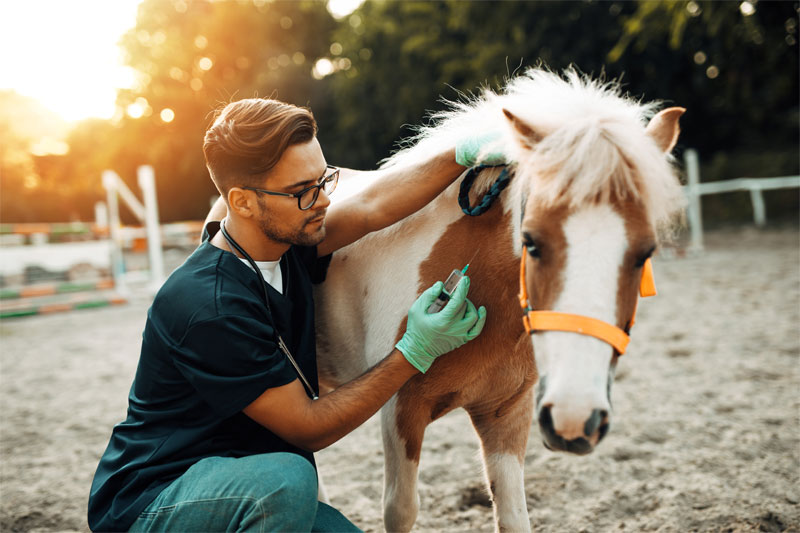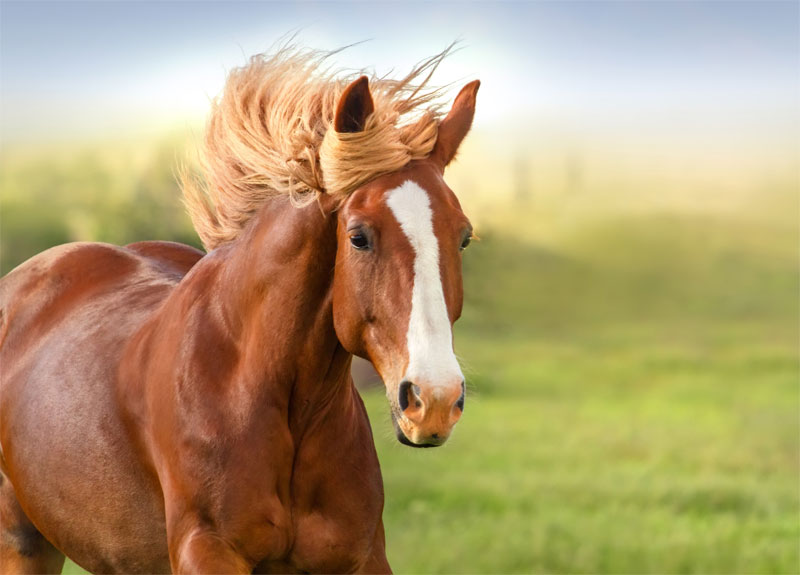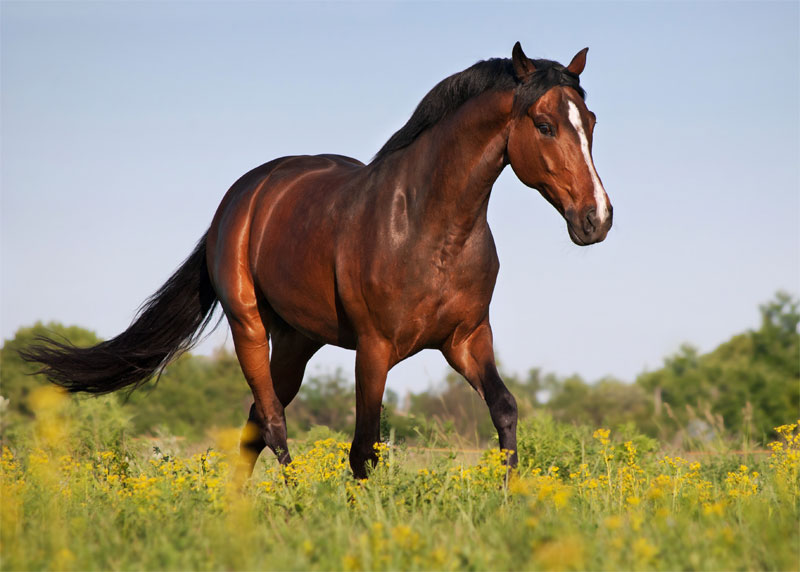
Equine Vaccination Best Practices
Vaccines are among the most important wellness and preventative care treatments for both people and animals because they protect us from contracting highly dangerous contagious diseases. Determining the best vaccine schedule for your horse, however, can be complicated. For example, horses that travel, compete, or need to perform might require different vaccines than other horses that frequent wilderness trails. To know which vaccines your horse needs, we suggest following the American Association of Equine Practitioners (AAEP) guidelines while also consulting with a veterinarian for personalized recommendations.
5 Best Practices for Equine Vaccinations
1. Know That Vaccine Recommendations Vary
By body weight, horses are about 60% water. They lose water and minerals while they sweat, so it’s important to provide your horses with plenty of both to ensure their body fluid is continuously replenished and kept in balance with their electrolytes. Horses need about 10 to 15 gallons of water each day in the Tucson summer. Provide them with salt licks and/or electrolyte additives (if your horse still drinks water with them). Be sure to clean the trough more frequently, too.
2. Opt-In for Core Vaccines
Core vaccines include those that are required by law for all horses to have and/or recommended for all horses by the AAEP. Some core vaccines include rabies, tetanus, eastern and western equine encephalomyelitis (EEE/WEE), and West Nile virus (WNV).
3. Ask a Veterinarian About Non-Core Vaccines
Non-core vaccines are those that are recommended individually based on a horse’s exposure risk. Non-core equine vaccines include equine influenza virus (EIV), equine herpesvirus (EHV-1/4, rhinopneumonitis), strangles, equine viral arteritis (EVA), leptospirosis, botulism, and Potomac horse fever.
A veterinarian can work with you to determine the most appropriate schedule of vaccines for your workhorse, show horse, or race horse based on regulations, travel, and environment.

4. Don't Skip or Delay Vaccine Boosters
Missing vaccine boosters can reduce your horse’s immunity and leave them at risk of contracting a preventable disease. If you aren’t sure of your horse’s vaccine history, work with your veterinarian to ensure your horse is protected.
5. Monitor Your Horse for Allergic Reactions
A good rule of thumb is only to have vaccines administered to your horse when they are healthy and have a normal temperature and heart rate. Allergic reactions to vaccines are uncommon, but they can still happen. Monitor your horse closely for about 20 to 30 minutes after vaccines have been administered to ensure they don’t experience any adverse effects.

Equine Vaccinations and Wellness Care in Tucson
At Adobe Veterinary Center in Tucson, our equine veterinarians are highly experienced in caring for horses. We can help you optimize your horse’s vaccination schedule in addition to their nutrition, exercise, environment, and overall wellness care. To learn more about equine veterinary care or to schedule an appointment at your stables, we welcome you to contact our office today.







